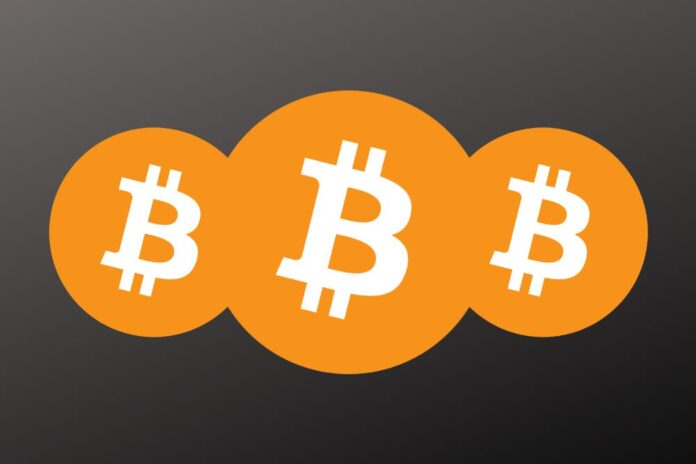In a recent tweet, crypto enthusiast Luke Broyles paints a stark and vivid picture of the potential future of Bitcoin and its impact on society by 2032.
His speculative scenario raises important questions about financial preparedness, societal inequities, and the continuing relevance of Bitcoin in a rapidly changing economic landscape.
As Bitcoin grows in value, it remains a topic of debate and curiosity among seasoned investors and those just beginning to explore the world of cryptocurrencies.
Bitcoin’s Meteoric Rise and Economic Disparities
Broyles begins his hypothetical scenario by suggesting that by 2032 Bitcoin could be valued at $2.3 million per coin, a substantial increase from its current value. Despite this massive growth, he predicts that 60% of Americans will still live paycheck to paycheck, unable to afford an $800 emergency expense.
This highlights the persistent economic disparities that plague society, where even as some assets appreciate exponentially, the broader population struggles with financial instability.
In Broyles’ vision, the average home costs $750,000, a figure that is considerably high but still a far cry from Bitcoin’s projected value. The decline in the cost of an average home from 5.5 BTC to 0.3 BTC suggests that while Bitcoin’s value has surged, real estate prices have not kept pace, thereby altering the purchasing power dynamics for those who hold Bitcoin versus those who do not.
The Late Adoption Dilemma
One of the most poignant aspects of Broyles’ scenario is the encounter between the Bitcoin enthusiast and a friend who has finally shown interest in investing in Bitcoin. The friend, previously uninterested, now realizes the potential benefits of holding Bitcoin but is concerned about whether it is too late to start investing.
This concern is not unfounded, given that by 2032, accumulating even 10 million satoshis (0.1 BTC) would require $230,000, an amount that is out of reach for most individuals without significant financial sacrifice.
The friend, earning a modest $60,000 a year, can only afford to invest $500 a month, reflecting a 10% savings rate. Broyles highlights the difficulty of achieving meaningful Bitcoin holdings through small, regular investments in a future where Bitcoin has already appreciated dramatically.
The tweet underscores the fear that late adopters may not be able to accumulate sufficient Bitcoin to significantly impact their financial situation, a sentiment that could resonate with many who are currently on the fence about investing in cryptocurrencies.
The Social Pressure of Wealth and the Burden of Knowledge
As Bitcoin becomes increasingly valuable, Broyles alludes to the social pressures faced by early adopters who now hold substantial amounts of Bitcoin.
In his scenario, the Bitcoin enthusiast is confronted by numerous friends and acquaintances who seek financial assistance, hoping for a share of the wealth they perceive the enthusiast has amassed. This creates a moral and emotional dilemma, where the enthusiast must balance their financial security against the growing needs of others.
Broyles also touches on the broader societal implications of such wealth disparities. Those who were early to adopt Bitcoin are viewed by others as having “won” the financial game, yet the enthusiast is burdened by the knowledge that many people still do not fully understand the potential future implications of widespread currency devaluation and the importance of securing Bitcoin holdings.
The reluctance to part with even a small portion of their Bitcoin is not driven by greed but by a deep-seated belief in the scarcity and future value of the asset.
We are on twitter, follow us to connect with us :- @TimesTabloid1
— TimesTabloid (@TimesTabloid1) July 15, 2023
The Uncertain Future and Final Thoughts
Broyles’ speculative tweet is a cautionary tale and a thought experiment. It raises important questions about the future of Bitcoin, the impact of its increasing value on social and economic structures, and the ethical considerations of those who hold significant amounts of this digital currency.
As Bitcoin continues to gain traction, the issues of wealth distribution, late adoption, and the potential for social pressure on early adopters are likely to become more pronounced.
Disclaimer: This content is meant to inform and should not be considered financial advice. The views expressed in this article may include the author’s personal opinions and do not represent Times Tabloid’s opinion. Readers are urged to do in-depth research before making any investment decisions. Any action taken by the reader is strictly at their own risk. Times Tabloid is not responsible for any financial losses.
Follow us on Twitter, Facebook, Telegram, and Google News



